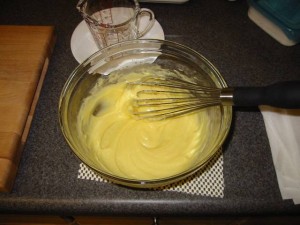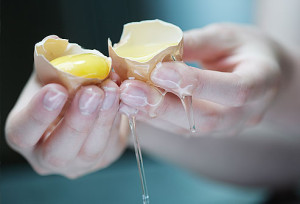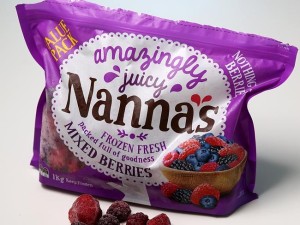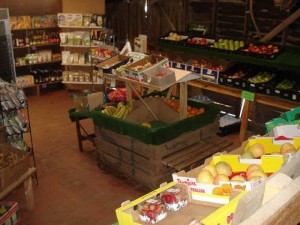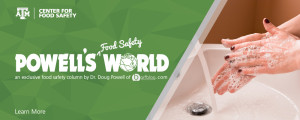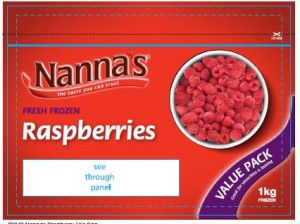Three new cases of hepatitis A linked to recalled frozen berries imported from China have been reported in Australia, bringing the total to 26. Sucks. Cook frozen berries for one minute, see our infosheet at https://barfblog.com/2015/02/new-food-safety-infosheet-hepatitis-a-illnesses-linked-to-frozen-berries-in-australia/
 We don’t need no inspection: The farmer who runs an organic dairy farm in Minnesota will appear in court Monday, defending his refusal to allow a state inspection he doesn’t want and contends his farm doesn’t need. Raw milk, live free or die.
We don’t need no inspection: The farmer who runs an organic dairy farm in Minnesota will appear in court Monday, defending his refusal to allow a state inspection he doesn’t want and contends his farm doesn’t need. Raw milk, live free or die.
Royal China Restaurant in Chamblee, Atlanta, serves some of the city’s best dim sum. Just don’t order the lobster. An employee was observed hitting lobster against the inside of a trash can while prepping the crustacean during a recent routine health inspection. There were also four dead lobsters inside a holding tank at the restaurant at 3295 Chamblee Dunwoody Road.
Fund us: Local health departments that spent more money on food safety and sanitation experienced significantly lower incidences of salmonella and cryptosporidium, according to a University of Washington study published today in the American Journal of Public Health.
From the duh files, and why I ignore Washington: The U.S. Government Accountability Office released a report last week stating that the U.S. Food and Drug Administration “is not planning to meet” mandates required within the Food Safety Modernization Act and the agency is raising doubts that the high number of required inspections is actually beneficial in any way.
McDonald’s capitulates, saying it plans to start using chicken raised without antibiotics commonly used in humans, and milk from cows that are not treated with rBST. That’s normal. McDonald’s killed off the genetically engineered Bt potato about 2000 because of its purchasing decisions, ensuring increased pesticide use around the fragile waterways of PEI and New Brunswick (in Canada).
There are literally tons of human poop on Mount Everest and it’s now estimated that they leave behind up to 26,500 pounds of excrement annually — and it’s getting to the point where the pits of poop and urine surrounding these camps are becoming a serious environmental and health problem.
How does one eliminate a norovirus outbreak? The Village Manor in Michigan claims to have done that. Probably with laser cats.
And Australia continues to embarrass itself, with the governing party celebrating International Women’s Day at an all-male club. Fortunately, John Oliver is a better comedian than I am (and I may be a better food safety type than John Oliver).



